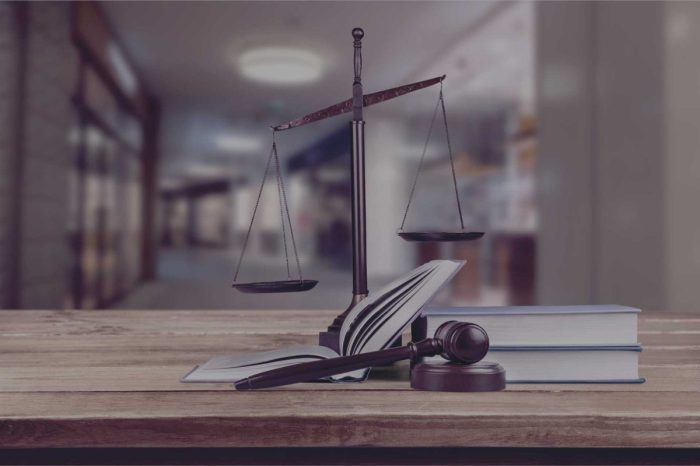The filing of the complaint begins which stage of litigation – The filing of the complaint marks the commencement of a lawsuit, setting the stage for a complex and often protracted legal process. This article provides an overview of this crucial stage, examining its significance, content, and legal implications.
A complaint is a formal document that initiates a civil lawsuit. It Artikels the plaintiff’s claims against the defendant, providing a detailed account of the alleged wrongdoing and the legal basis for seeking relief.
Stages of Litigation: The Filing Of The Complaint Begins Which Stage Of Litigation

Litigation, the process of resolving disputes through the legal system, involves several distinct stages. Each stage serves a specific purpose and has legal implications that impact the progression of the case.
Filing of the Complaint
The filing of a complaint initiates litigation. A complaint is a legal document that Artikels the plaintiff’s (the party initiating the lawsuit) claims against the defendant (the party being sued). It must meet specific requirements regarding content and format, including a clear statement of the facts, legal basis for the claim, and the relief sought.
Commencement of Litigation
Filing a complaint commences litigation and triggers a series of legal consequences. The defendant is served with the complaint and summons, giving them notice of the lawsuit and requiring them to respond within a specified time frame. Failure to respond may result in a default judgment against them.
Role of the Court
Courts play a central role in the litigation process. Judges preside over cases, ensuring fairness and impartiality. They have the authority to make rulings on legal issues, interpret laws, and issue orders that bind the parties. Different types of courts, such as district courts, appellate courts, and supreme courts, handle cases at various levels.
Pre-Trial Procedures
Before trial, various pre-trial procedures take place to prepare the case for trial. These may include discovery, where parties exchange information and documents; motions, where parties request specific actions from the court; and settlement conferences, where parties attempt to resolve the dispute without going to trial.
Trial
If the case cannot be resolved pre-trial, it proceeds to trial. Trials can be either bench trials, where a judge decides the case, or jury trials, where a jury of citizens decides the case. During trial, the parties present evidence, call witnesses, and make legal arguments to support their positions.
Post-Trial Procedures
After trial, several post-trial procedures may occur. These include post-trial motions, where parties request the court to overturn or modify the verdict; appeals, where parties challenge the trial court’s decision in a higher court; and enforcement of judgment, where the prevailing party seeks to collect on the judgment awarded by the court.
Alternative Dispute Resolution (ADR), The filing of the complaint begins which stage of litigation
In addition to litigation, parties may opt for alternative dispute resolution (ADR) methods to resolve their disputes. ADR involves using a neutral third party to facilitate negotiations or mediate a settlement between the parties. ADR methods include arbitration, mediation, and conciliation.
User Queries
What is the purpose of filing a complaint?
Filing a complaint initiates a lawsuit and sets forth the plaintiff’s claims against the defendant.
What information should a complaint contain?
A complaint typically includes the names of the parties, a statement of the facts giving rise to the claim, and a demand for relief.
What are the legal implications of filing a complaint?
Filing a complaint triggers a series of legal procedures, including the defendant’s response and the potential for further litigation.


